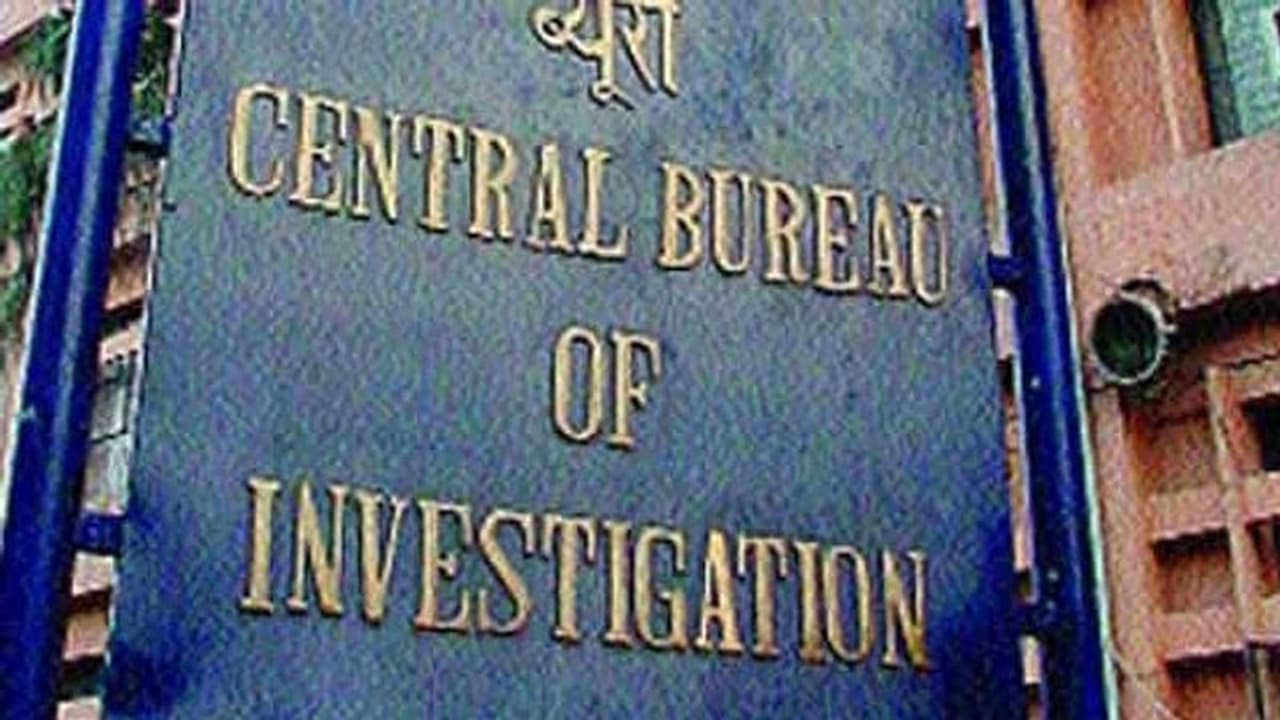Hours after CBI exposes government employee accepting bribe, the bureau reveals about Andhra government’s withdrawal from general consent
Andhra Pradesh: The Anti-Corruption Bureau (ABC) on Friday arrested a central government employee for accepting bribe. The accused in the case is the Superintendent, Central Board of Indirect Taxes and Customes (CBIC) MK Ramaneswar. According to the report, he had demanded a bribe of Rs 35,000 for refusing to raise objections in the CGST returns filed by the complainant’s firm.
Hours after ACB made the arrest, the Central Bureau of Investigation (CBI) alleged that the Andhra Pradesh government was non- cooperative and had leaked the contents of the request letter to the state ACB. The CBI was agitated by the fact that they could not arrest Ramaneswar, permission for which they had requested from the Andhra government.
The Andhra government led by TDP had removed the “general consent”, given to the CBI, for investigation and raids without its permission, last month. The move was seen as an attack from TDP to BJP after the former moved out of the BJP-led NDA in March this year.
After the Ramaneswar incident, the CBI in a statement said that the government of Andhra Pradesh did not issue the consent as per the request of CBI, but shared the details with state’s home department and ACB. CBI also stated that the ACB allegedly received a cue and accordingly laid their plans to arrest the employee without mentioning the same to CBI.
RP Thakur, DGP Andhra Pradesh on Friday said that there was no issue between the two - CBI and ACB, and that the CBI requested that the information should be passed on to ACB if consent was not given by the government.
The statement released by the CBI said that they deeply regret such non-cooperation by the state Home Department. It also said, “This will only make the fight against corruption more difficult for the anti-corruption agencies and the mutual trust between the agencies will be vitiated. Corruption can be eradicated only through mutual cooperation and trust.”
CBI was given general consent to practice its power and jurisdiction in the state this year on August 3. However, the consent was revoked as per Section 6 of the Delhi Special Police Establishment Act of 1946. According to the act, the government issues a notice to give ‘general consent’ to the CBI to investigate corruption related cases.
